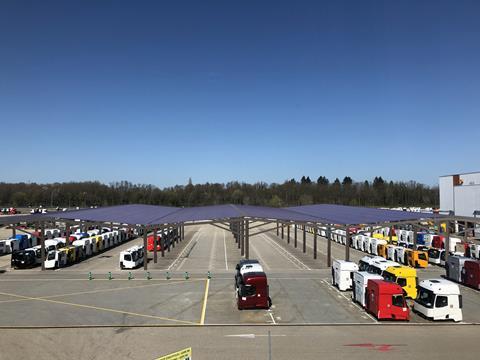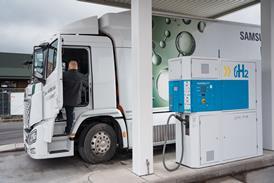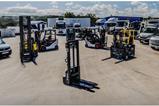Renault Trucks, in collaboration with TotalEnergies, is embarking on a substantial energy transition initiative by implementing solar canopies at its Bourg-en-Bresse factory in France.

Covering an expansive 17 hectares, this project signifies Renault Trucks’ commitment to low-carbon operations and represents a notable stride in renewable energy production. The anticipated electricity output from this solar canopy installation is poised to match the consumption needs of 17,500 individuals. The solar canopies are due to be commissioned in 2026.
This strategic partnership between Renault Trucks and TotalEnergies centres around the development of a solar canopy project at the Bourg-en-Bresse site, establishing itself as one of the largest of its kind in France. With a total capacity exceeding 22 peak megawatts, the solar canopies aim to meet the energy requirements equivalent to the consumption patterns of 17,500 people, accounting for approximately 43% of Bourg-en-Bresse’s population.
Crucially, a portion of the electricity generated by the solar power station will be utilised within the plant, contributing to 30% of the site’s electricity needs. Beyond its energy-producing role, the canopies will offer additional advantages by safeguarding employees’ vehicles and the trucks manufactured at the facility.
Positioned as one of the most expansive solar canopy projects in France, this initiative underscores the shared commitment of Renault Trucks and TotalEnergies to decarbonise their operations.
“We’re extremely proud to be supporting Renault Trucks in its energy transition. Through this project, we’re demonstrating our ability to develop technically complex projects that create value.” Marin de Montbel, Managing Director of TotalEnergies Renouvelables France.
”At Renault Trucks, we’re strongly committed to decarbonising our industry and preserving our resources”, explained Karine Forien, Vice President Strategy & Sustainability at Renault Trucks. “We’re backing up our commitments with tangible actions, including the electrification of our vehicle ranges, which immediately eliminates co2 emissions in use, and the decarbonisation of our own operations. The energy transition is at the core of our strategy and this solar canopy project is a prime example.”


















